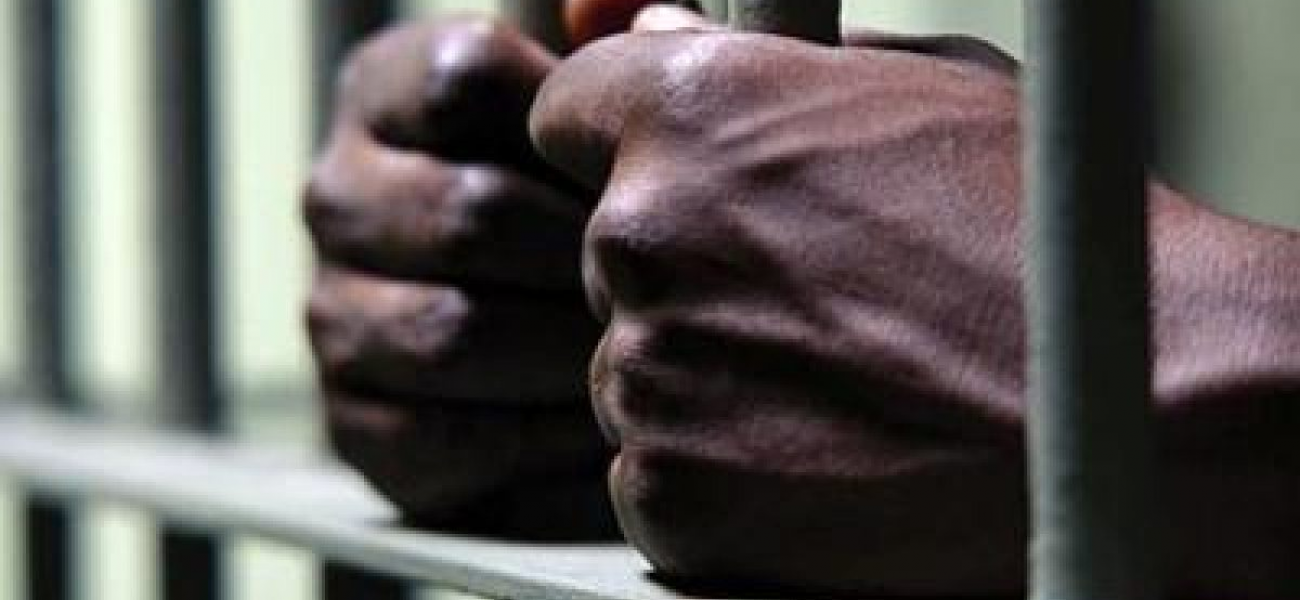The subject of prisoners voting during elections has not been on the front burner of conversations around elections. The Constitution does not specifically prohibit convicts in Nigerian prisons from voting. Apart from convicts, there are also persons awaiting trial that are held in the prisons. There is also no legal or Constitutional provision against their voting. It would appear that the uncertainty surrounding voting by prisoners led to the Nigerian Senate passing a resolution at its plenary on 8th March 2022, calling on the Independent National Electoral Commission (INEC) to allow duly registered and eligible prison inmates to vote during all general elections in Nigeria. The Senate also urged INEC in collaboration with the Nigeria Correctional Service, to locate voting centres at custodial centres across the country to be used for voting. While the Senate resolution supporting vote by prisoners is a welcome one, the logistics of achieving this still needs to be taken into account. The logistics issues will include the registration of people held in the prisons or if previously registered, how to transfer their registration to polling units in the prisons where they are held.
The Nigerian electoral system has not shown capacity to respond to certain issues and concerns as evidenced in the recent vote on the National Assembly’s Constitution review bills, where the bill for diaspora voting was thrown out. Nigeria’s elections since its return to democracy in 1999 have been characterised by different challenges, although some have been addressed over time. However, election logistics remain a major concern, with this accounting for several postponements of elections as happened in 2011, 2015 and 2019.
Voting by prison inmates may come with its own challenges. The current system of registration and voting in Nigeria does not allow for voting outside of the polling unit designated to a specific voter’s card, although voters can request for a change of polling unit. This implies that apart from the presidential election, which every registered voter may participate in regardless of registration and voting location, a voter may only vote to elect the governor/deputy governor, Federal and State legislators for the State in which he or she is registered to vote.
For the 2015 general elections, INEC set up a Task Force to make arrangements for voting by internally displaced persons (IDPs) and for the elections in 2019, INEC developed a new framework for IDP voting in 15 States. However, IDPs residing in camps within their States of registration (intra-State IDPs) could vote at all elections while those residing in camps outside their States of registration (inter-State IDPs) could only vote at the presidential election. According to INEC at the time, this was to limit challenges associated with political perception and suspicion over transmission of results across State borders and constituency boundaries. If the Electoral Commission develops a policy for voting by prison inmates for the 2023 general elections, it is possible that the limitations with IDP voting in 2019 may still come into play. As Nigeria’s electoral system evolves, INEC may need to modify its election management strategy to make it possible for all persons who are eligible to vote at elections to do so. Currently, several categories of persons working on election day and performing election duty are disenfranchised from voting. These include INEC staff, security personnel and accredited domestic election observers.

